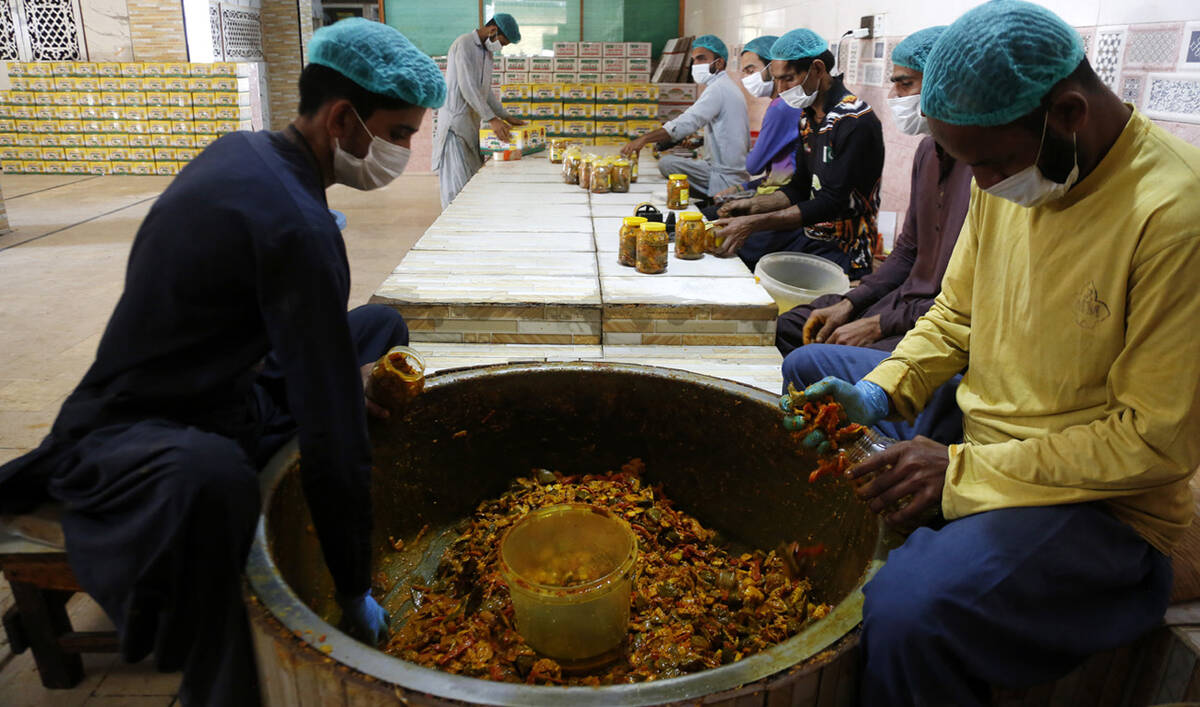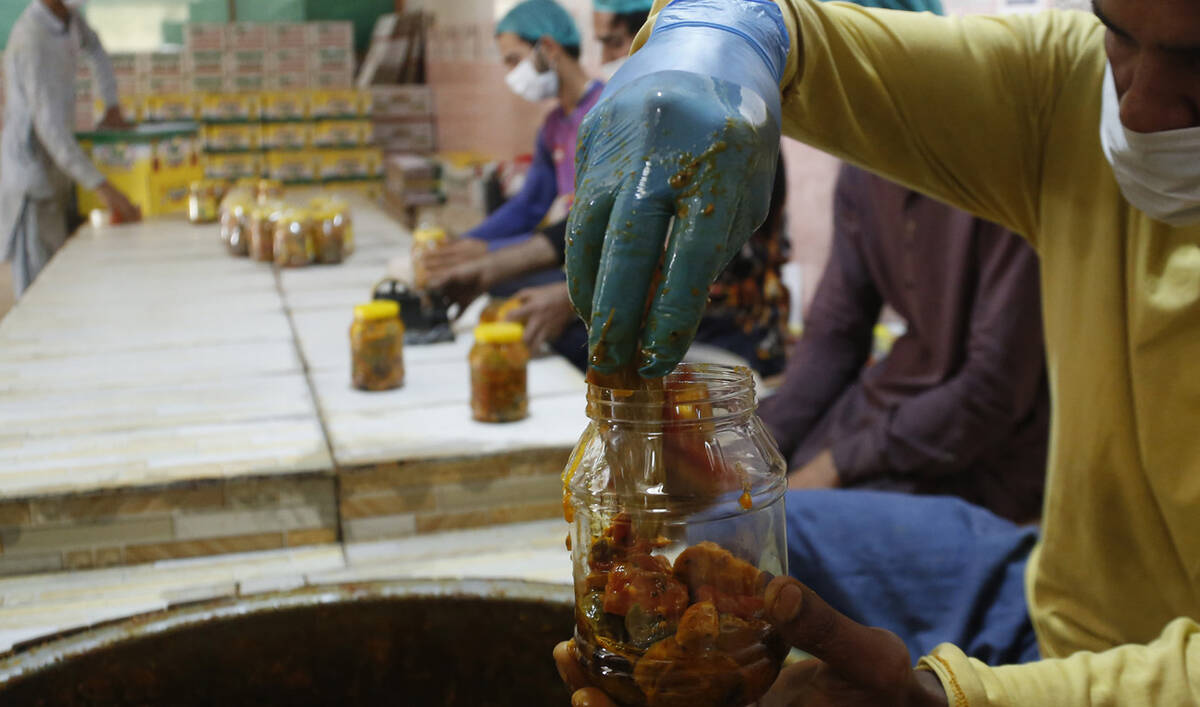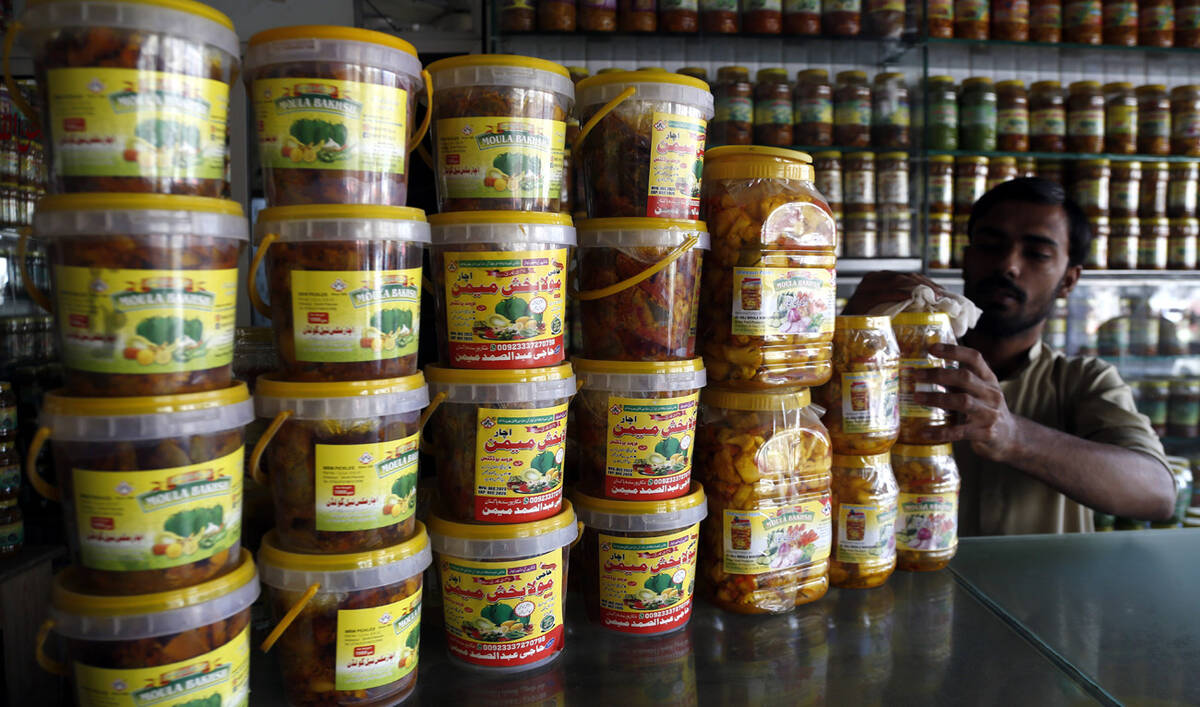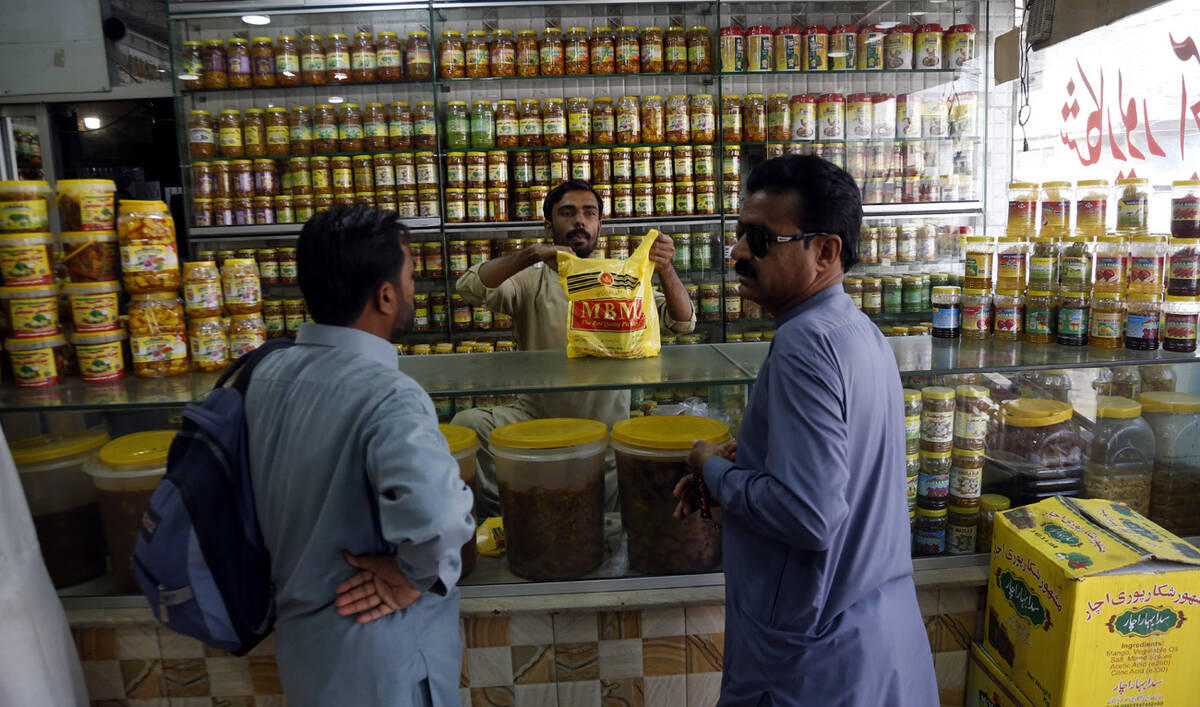KARACHI: The International Monetary Fund (IMF) said on Thursday Pakistan missed the opportunity to expand its tax base in a progressive manner in the new federal budget while pointing out that the proposal of a new amnesty scheme was against the conditions mentioned in a $6.5 billion loan program signed in 2019.
Pakistan’s finance minister, Ishaq Dar, presented the budget for the next fiscal year with an outlay of Rs14.46 trillion ($50.4 billion) on Friday. The government targeted a 6.5 percent fiscal deficit and allocated around 50 percent of the amount to make interest payments.
The IMF and the Pakistani authorities have been negotiating with each other since last November to complete the ninth review of the loan program. However, they have not managed to make headway in ensuring the revival of the facility which is set to expire at the end of June.
The IMF country representative expressed reservations over the country’s new federal budget while commenting on its various components on Thursday.
“The draft FY24 Budget misses an opportunity to broaden the tax base in a more progressive way,” Esther Perez Ruiz told Arab News in response to a query about whether Pakistan’s new fiscal plan was in line with the IMF objectives.
“The long list of new tax expenditures reduces further the fairness of the tax system and undercuts the resources needed for greater support for vulnerable BISP [Benazir Income Support Program] recipients and development spending.”
The finance minister announced on Friday an enhancement of the BISP allocation by Rs50 billion to Rs450 billion. He informed that 9,300,000 families would receive a cash transfer facility of Rs8,750 per quarter under the program, for which Rs346 billion had been allocated.
He added the government would also increase the cash transfer rate to match inflation.
The IMF criticized the tax amnesty proposed by the federal finance minister, which allows people to bring up to $100,000 from abroad without declaring their sources of earning, through an amendment in the income tax ordinance.
“The new tax amnesty runs against program’s conditionality and governance agenda and creates a damaging precedent,” the IMF representative continued.
“Measures to address the energy sector’s liquidity pressures could be included alongside the broader budget strategy,” she added.
Despite all these reservations, the fund official said the IMF “staff remains engaged [with the government] to discuss policies to maintain stability” in Pakistan.
“The IMF team stands ready to work with the government in refining this Budget ahead of its passage,” Ruiz assured.
Pakistani analysts said they had already highlighted several areas of the economy that could have been taxed by the government or where it could have provided financial support.
Khurram Schehzad, CEO of Alpha Beta Core, a financial advisory firm, commented, “In the pre-budget debates, we mentioned which sectors to tax, where to provide support, and where to practice austerity. Now the IMF is saying it all, and it is totally opposite to what the government said in the budget speech and press conferences.”
“The Pakistani officials said the IMF was onboard with it over the budget and that the government had announced an even more conservative budget than the plan it had originally submitted to the IMF to meet its requirements,” he continued.
Dr. Khaqan Najeeb, a former adviser to the finance ministry, concurred with the view.
“The IMF statement about the budget is quite worrying and points to a number of meaningful changes which are required,” he said.
Pakistan still has to draw around $2.5 billion disbursement from the IMF, though it remains uncertain due to inconclusive negotiations and the content of the latest budget.
























